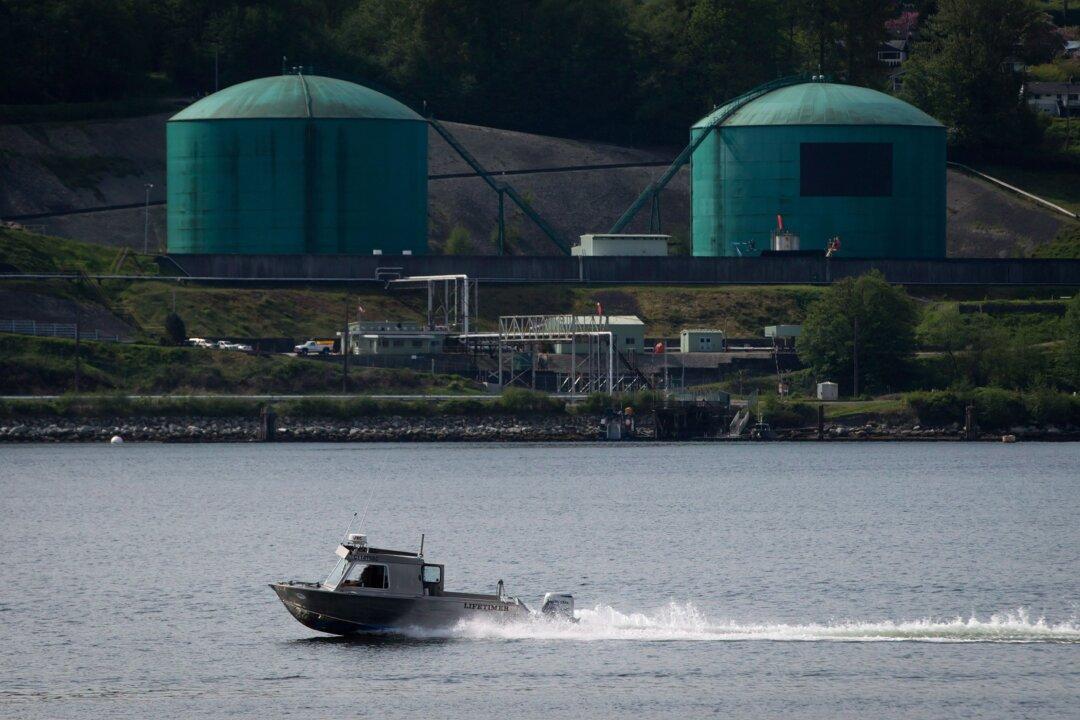VANCOUVER—A prominent economist has dropped out of the National Energy Board’s review of Kinder Morgan’s proposed Trans Mountain pipeline expansion, accusing the board of betraying Canadians with a “biased” and “broken” process.
Robyn Allan, an outspoken critic of the expansion, said she is withdrawing as an expert intervener because the review’s scope is so narrow that the outcome is predetermined.
“It’s a rigged game,” the former CEO of the Insurance Corp. of British Columbia said Wednesday, May 20. “We’re getting the scope that supports Kinder Morgan. It’s a private sector ‘How do we get to yes?’ masquerading as a public interest review.”
It's a rigged game.





